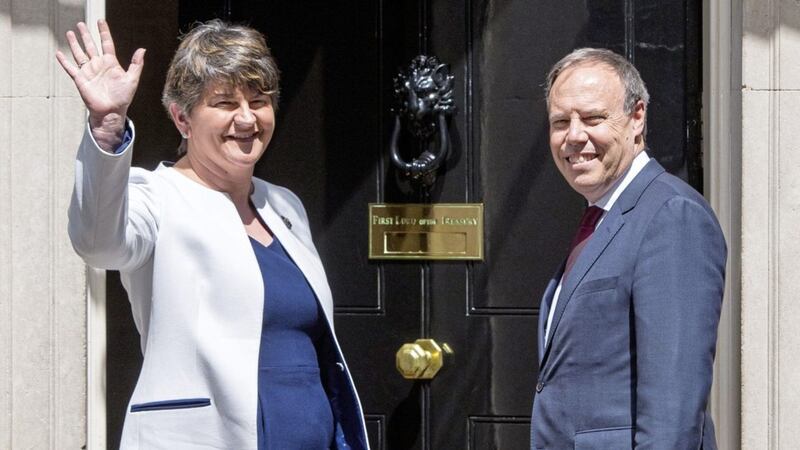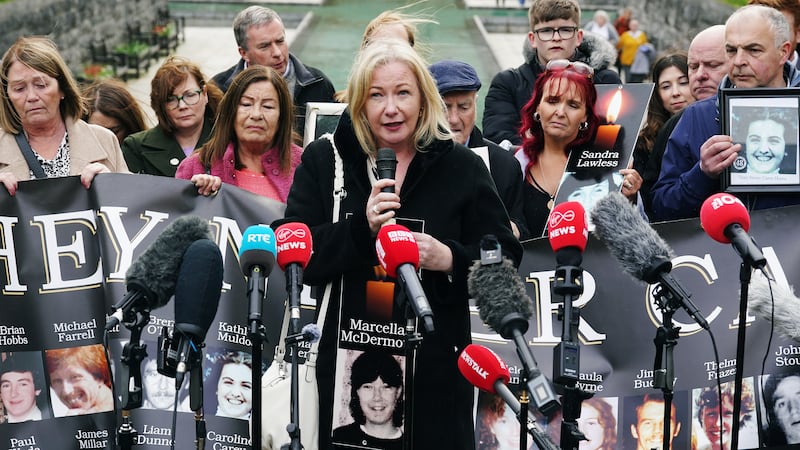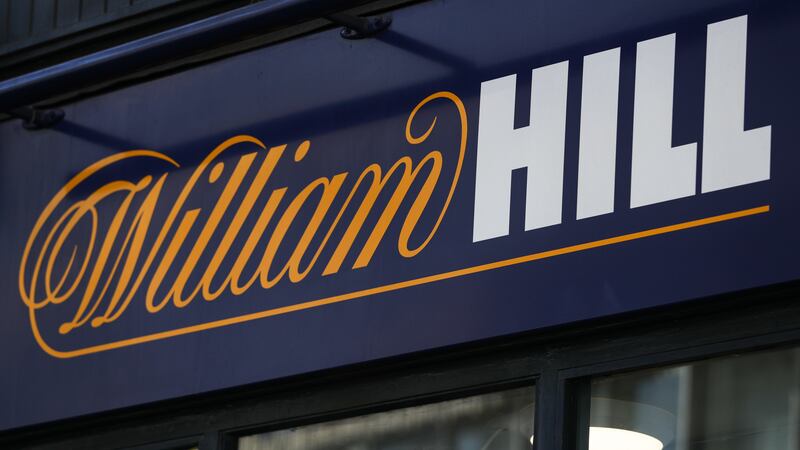IT'S rare for the north's broadcast media and their counterparts in Britain to be camped out side-by-side on Downing Street, as ordinarily these two political spheres are kept entirely separate.
However, the outcome of last Thursday's Westminster election has elevated Northern Ireland's largest political party to a position of unprecedented influence, prompting massive media interest on both sides of the Irish Sea.
Beyond shots of Arlene Foster and Nigel Dodds arriving for talks with Theresa May, there wasn't a great deal to see yesterday – unless No 10's collection of cats is your thing.
The DUP pair left the prime minister's residence by the 'Whitehall exit', avoiding immediate questions from the media about the 'confidence and supply' deal which was not yet finalised.
There's been much speculation over recent days about the DUP's shopping list, some of it strikingly obvious, other bits spectacularly erroneous.
A strong illustration of what might be on the wish list was revealed yesterday by the Daily Telegraph, which published details of a "draft agreement" the party thrashed out with David Cameron and George Osborne in the days following the Tories' 2015 election victory.
The document reveals that the DUP supported UK defence spending increases, while also advocating the devolution of corporation tax powers and measures to increase foreign direct and infrastructural investment.
Ostensibly, there was little in the draft deal to unnerve nationalists. All Stormont's main parties have asked for similar measures in the past so they wouldn't be unduly worried.
However, as is also the case this time around, it's the side deals and gentleman's agreements that are of more concern. The DUP will likely dismiss the notion that it would be anything but upfront and transparent, though its past record - and that of other parties - suggests otherwise.
There is no doubt that Arlene Foster has a strong hand in the negotiations, with Theresa May effectively at her mercy. But the DUP leader will be mindful of the need to proceed cautiously to ensure her party is not tainted by any negative publicity around the Conservative government.
If Mrs May has mutual concerns, they have yet to become apparent.
While Arlene and Nigel were sipping tea with Theresa at No 10, Sinn Féin's seven abstenionist MPs were also at Westminster yesterday.
They had little chance of stealing the DUP's thunder though, as a House of Commons induction day isn't as newsworthy as negotiations on propping up a minority government.
While the party's sights are undoubtedly focused on this side of the Irish Sea, the DUP's 'kingmaker' role makes a mockery of Sinn Féin's pre-election claim that MPs from the north cannot wield influence at Westminster.
We can safely assume republicans are hoping, along with some others, that it'll all end in tears.
Meanwhile, when the DUP-Tory-deal is finally confirmed over the coming days, its two protagonists will be hoping things quickly settle down and the desired stability becomes a reality.
But it's perhaps worth noting that in some circles, exiting by a different door from which you entered is regarded as very bad luck.








